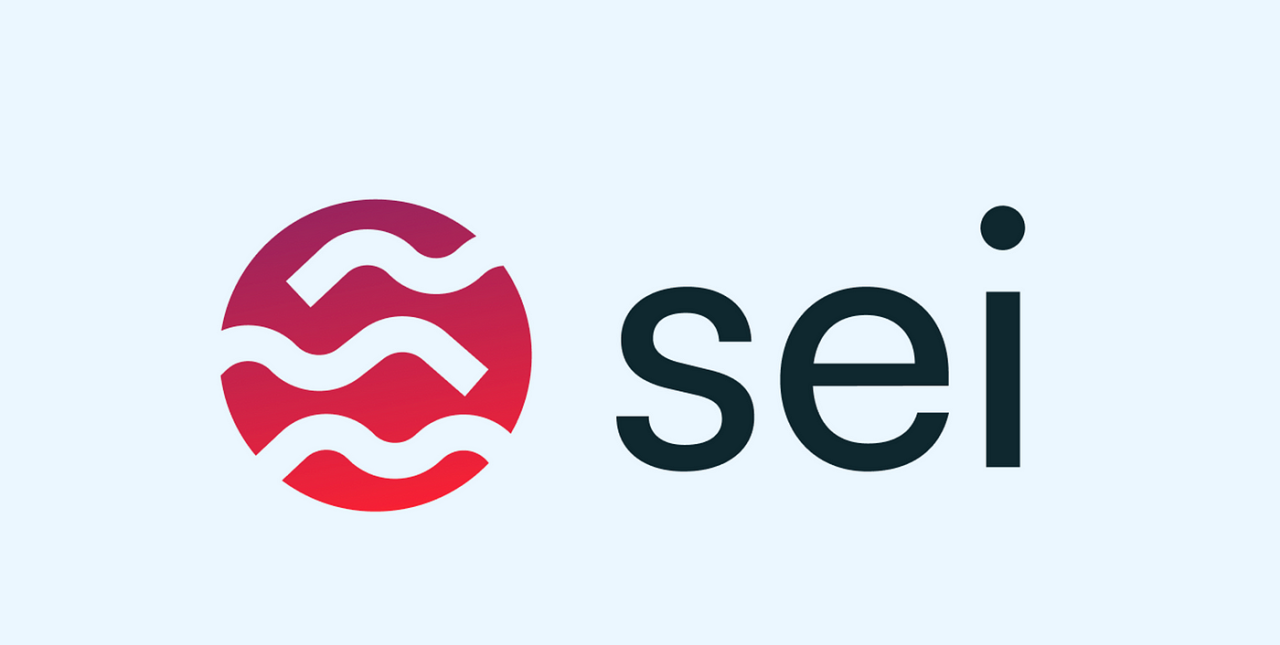As the native token of the Sei Network, SEI supports a new Layer-1 blockchain that is specifically designed for decentralized trading applications. SEI’s design focuses on efficiency, speed, and scalability, making it a popular option for developers and traders. But for Muslim investors, the pressing question remains: is SEI halal or haram?
What is Sei Network and How is SEI Token Used?
The Sei Network aims to fill a critical gap in DeFi by offering a blockchain optimized for high-performance trading. Unlike general-purpose blockchains like Ethereum or Solana, Sei Network is highly specialized, focusing on decentralized exchange (DEX) protocols and trading applications. This specialization gives the network unique capabilities in terms of speed and throughput, which are valuable in financial applications.
Primary Uses of SEI Token
- Transaction Fees: SEI is used to pay for transactions on the Sei Network, giving it a functional purpose beyond speculative trading.
- Staking: SEI holders can stake their tokens to secure the network, and in return, they receive rewards, helping maintain network integrity and stability.
- Governance: SEI token holders have voting rights on important protocol decisions, such as upgrades and changes to the Sei Network.
While these functions add real utility to SEI, each of these uses must be assessed for Shariah compliance.
Key Criteria for Halal Investment in Islamic Finance
In Islamic finance, investments must meet strict ethical standards. The core principles include:
- No Riba (Interest): The investment must not generate interest-based income.
- Limited Gharar (Uncertainty): The investment should avoid excessive risk or speculative uncertainty.
- Avoidance of Maysir (Gambling): Investments that closely resemble gambling are prohibited.
- Absence of Haram Associations: The asset must not support or benefit from industries or activities that are forbidden in Islam, such as alcohol, gambling, or unethical practices.
Let’s examine each of these principles in the context of SEI.
Assessing SEI Token’s Shariah Compliance
1. Riba-Free Nature of SEI Staking
A common question with tokens like SEI is whether staking rewards constitute riba. Staking rewards, in Proof-of-Stake (PoS) systems, are earned by contributing to the network’s security rather than through a loan or guaranteed interest-based return. Islamic scholars often assess staking on a case-by-case basis, considering whether staking income resembles productive or trade-based income or if it simply acts as a passive yield, which could align with interest.
In SEI’s case, staking rewards are generated from the network’s activity, and participants earn based on their contribution to the network’s security and stability. This work-and-reward model, particularly in PoS systems, has been viewed by scholars such as Mufti Faraz Adam and Sheikh Joe Bradford as permissible when it avoids the guarantee of a fixed return. SEI staking does not provide a fixed, interest-like yield; instead, rewards vary based on network performance and participant involvement, which aligns better with Islamic finance principles.
2. Gharar: Mitigating Excessive Speculation
Gharar, or excessive uncertainty, is a major concern in cryptocurrency due to high volatility. SEI is not exempt from volatility, as its price fluctuates based on demand, speculation, and broader market conditions. However, unlike some speculative tokens with limited functionality, SEI’s utility is tied to its clear purpose on the Sei Network as a transactional, staking, and governance tool. This intrinsic utility reduces the level of uncertainty, as SEI’s value has a direct link to its application within a functioning network.
Islamic finance sites like Islamic Finance Guru argue that utility tokens, which offer genuine functionality within a blockchain ecosystem, can be halal when investors engage responsibly. SEI’s unique positioning as a utility token within a specialized trading ecosystem provides it with a degree of intrinsic value beyond speculative hype. For Muslim investors, this means that holding SEI for its functional role, rather than engaging in short-term trading, minimizes gharar and aligns better with ethical investing principles.
3. Avoidance of Maysir: Staying Clear of Gambling-Like Behavior
Maysir, or gambling, refers to investments that rely primarily on luck, chance, or extreme risk rather than skill or productivity. SEI does not involve gambling-like features directly; it isn’t tied to prediction markets, lotteries, or luck-based rewards. Its primary uses remain focused on governance, staking, and transaction fees, which are functional rather than speculative or luck-based.
Nevertheless, Islamic scholars caution that speculative trading of cryptocurrencies, particularly high-frequency trading, can resemble maysir if conducted solely for profit from price swings. Engaging with SEI in this manner may not be permissible, as trading solely on speculative price changes increases the risk of maysir. By focusing on SEI’s practical role within the network and adopting a long-term approach, Muslim investors can better align their investments with Shariah-compliant principles and avoid gambling-like behavior.
4. Association with Haram Activities
The Sei Network is a decentralized platform focusing on supporting DeFi applications and decentralized exchanges. Its primary mission is to provide a high-throughput infrastructure for financial applications, rather than to support or facilitate industries like gambling, adult entertainment, or alcohol. To date, SEI has not been associated with any haram industries, making it a relatively neutral token from an Islamic ethics perspective.
However, one potential concern is that as Sei Network’s ecosystem grows, it may indirectly support DeFi projects that engage in speculative or non-permissible practices. Islamic scholars, including Amanie Advisors, have highlighted that decentralized platforms with unrestricted access to various applications create indirect associations with non-compliant industries. While SEI itself has not been tied to haram activities, the risk of indirect association could be a consideration for more cautious investors. That said, SEI’s primary role as a utility token for network security and governance functions remains ethically sound.
Scholarly Opinions on SEI and PoS Networks
Islamic finance scholars have provided nuanced perspectives on staking-based tokens and governance tokens. Although there is no specific ruling on SEI, the general principles surrounding utility and PoS tokens can offer guidance:
- Mufti Muhammad Abu-Bakar and Mufti Taqi Usmani have emphasized that tokens with real-world functionality and governance roles are more likely to align with Shariah compliance.
- Sheikh Joe Bradford has noted that staking rewards can be permissible when they compensate for contributions to a network, rather than as passive income.
- Platforms like Islamic Finance Guru support tokens that serve intrinsic purposes in a functioning ecosystem, noting that utility tokens tied to governance or network participation can be halal when used with the right intentions.
SEI’s application as a PoS utility and governance token aligns well with these guidelines, especially when viewed as a functional asset rather than a speculative one. As long as SEI is held for its utility and governance role in the Sei Network, it aligns with the scholarly guidance for halal tokens.
Conclusion: Is Buying & Selling SEI Halal?
Based on a detailed analysis, SEI appears to meet the criteria for a halal investment, Insha Allah, particularly when approached as a functional and long-term asset. Here’s why:
- Riba-Free (No Interest): SEI does not generate guaranteed interest or fixed returns, and its staking rewards are linked to network contributions rather than passive holding.
- Real Utility and Limited Gharar: SEI’s utility within the Sei Network reduces excessive speculation concerns, as its value is tied to practical uses.
- No Gambling (Maysir): SEI does not involve gambling-like mechanisms, though caution is advised against high-frequency speculative trading.
- No Direct Ties to Haram Industries: Sei Network has a neutral focus on financial infrastructure, with no association with haram sectors, making SEI suitable for ethical investing.
For Muslim investors interested in SEI, a balanced, long-term approach focusing on its functional role within the Sei Network can help ensure compliance with Shariah principles. It’s always wise to consult a knowledgeable Shariah scholar for personal guidance, as interpretations of compliance can vary. Insha Allah, with a mindful approach, SEI presents a viable option for those seeking ethical, Shariah-compliant investments in the blockchain space.


